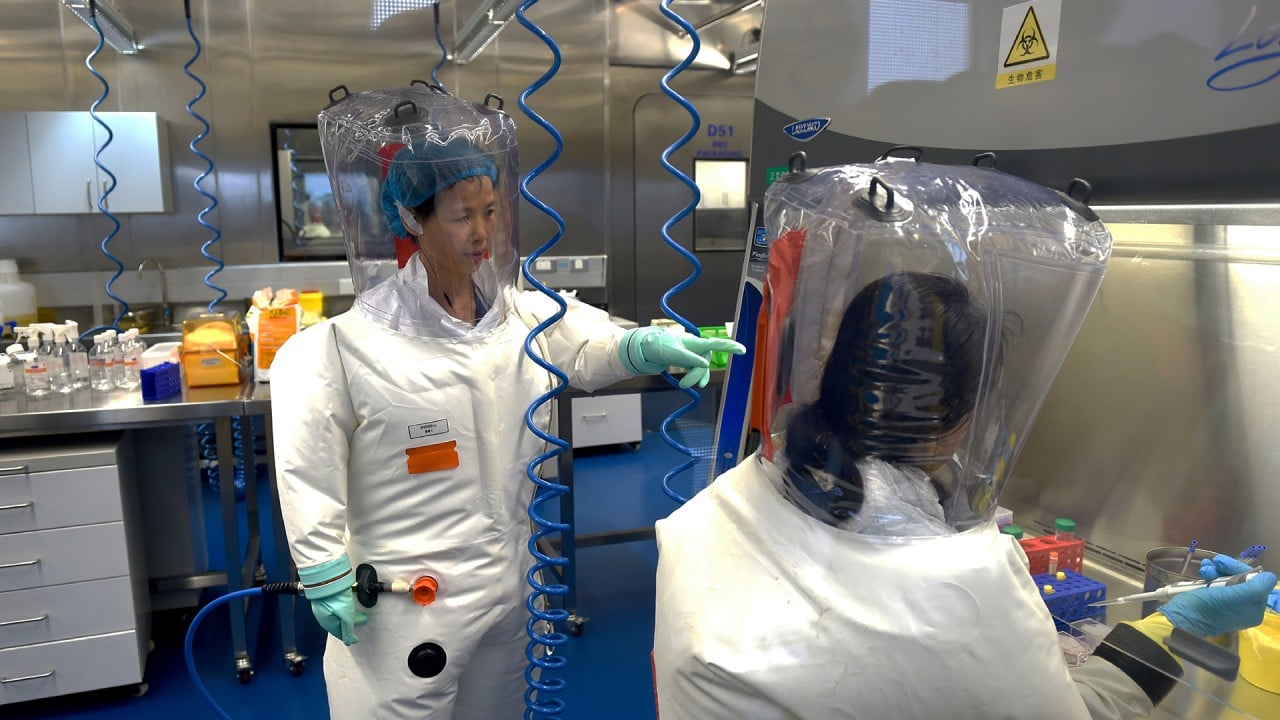
China’s ‘bat woman’ Shi Zhengli nominated to join elite science academy
- Virologist who works on coronavirus in bats was at the centre of the Wuhan lab leak controversy
- She is one of 583 candidates in the running for membership of the Chinese Academy of Sciences
Virologist Shi Zhengli – dubbed China’s “bat woman” for her research on coronavirus in the mammals – has been nominated to join the country’s top scientists at the Chinese Academy of Sciences.
The 58-year-old director of the Wuhan Institute of Virology’s Centre for Emerging Infectious Diseases was on a list of 583 candidates announced by the academy on Thursday.
Seventy-nine will be elected by CAS members later this year.

Shi – who became a member of the American Society for Microbiology in 2019 – made a key contribution to finding the source of the severe acute respiratory syndrome, or Sars, outbreak in 2002-03.
She was also at the centre of controversy in the search for the origin of the Sars-CoV-2 virus that caused the global Covid-19 pandemic.
At the early stage of the pandemic in 2020, Shi published research describing the similarity of the Covid-19 pathogen to coronaviruses carried by certain bats and suggested possible evolution paths.
But some US officials, including then-president Donald Trump, suggested that the Covid-19 pathogen had been leaked from Shi’s laboratory in Wuhan, where samples of deadly coronaviruses were stored.
Shi strongly denied the allegation, saying the lab had no contact with the virus until it was first detected in the initial outbreak in Wuhan, and dismissed rumours that an infected member of her team had triggered the pandemic.
The WHO report largely echoed a theory outlined in Shi’s earlier studies that Covid-19 had likely originated from a virus circulating in bats and was transmitted via another animal carrier to humans towards the end of 2019.
With no source identified, debate over the origin of the virus developed into a political row and disinformation campaign between China and the United States – the Wuhan lab leak theory was countered with a claim that the virus had originated from a US military base in Maryland.
Other notable candidates on the CAS list include military physicist Chang Chao, who works on high-power microwave applications.
Huawei Technologies’ head of research Xu Wenwei, and Wang Haifeng, Baidu’s chief technology officer, are among the candidates for the Chinese Academy of Engineering, whose members – along with those from CAS – are considered the nation’s top scientists.


